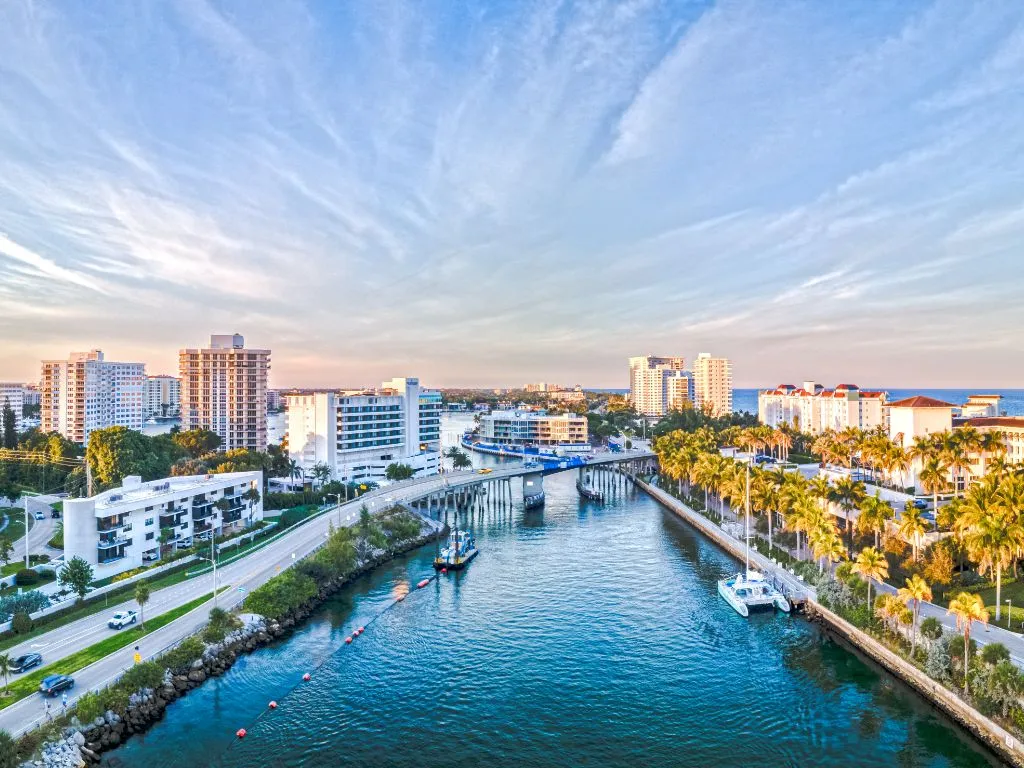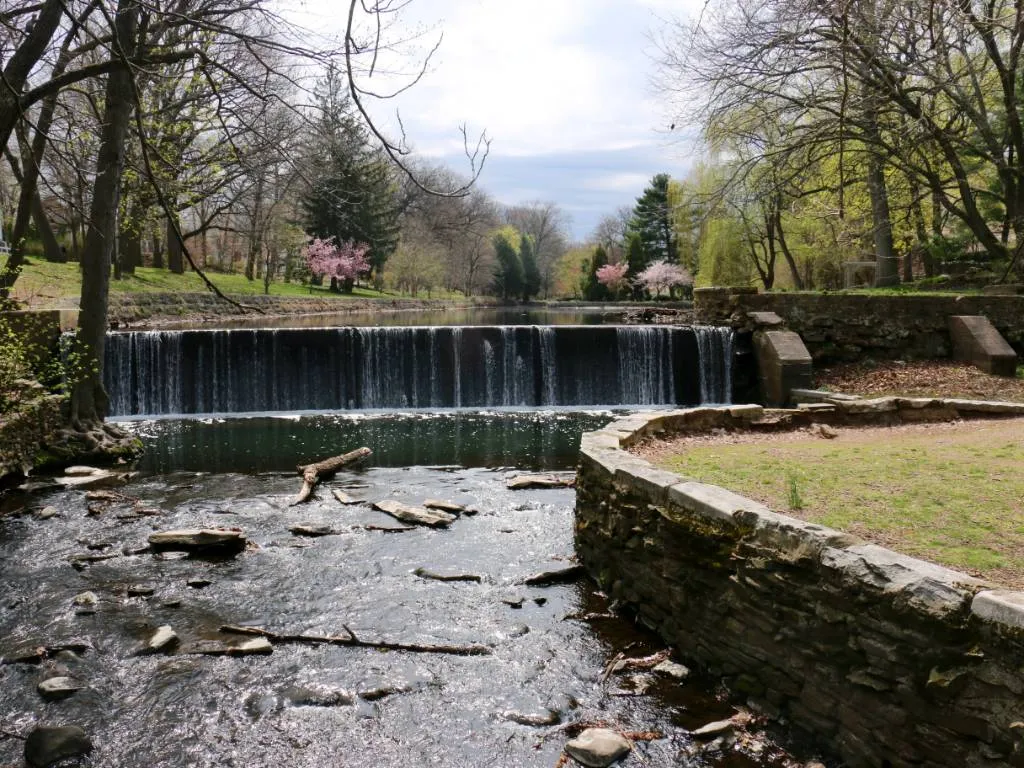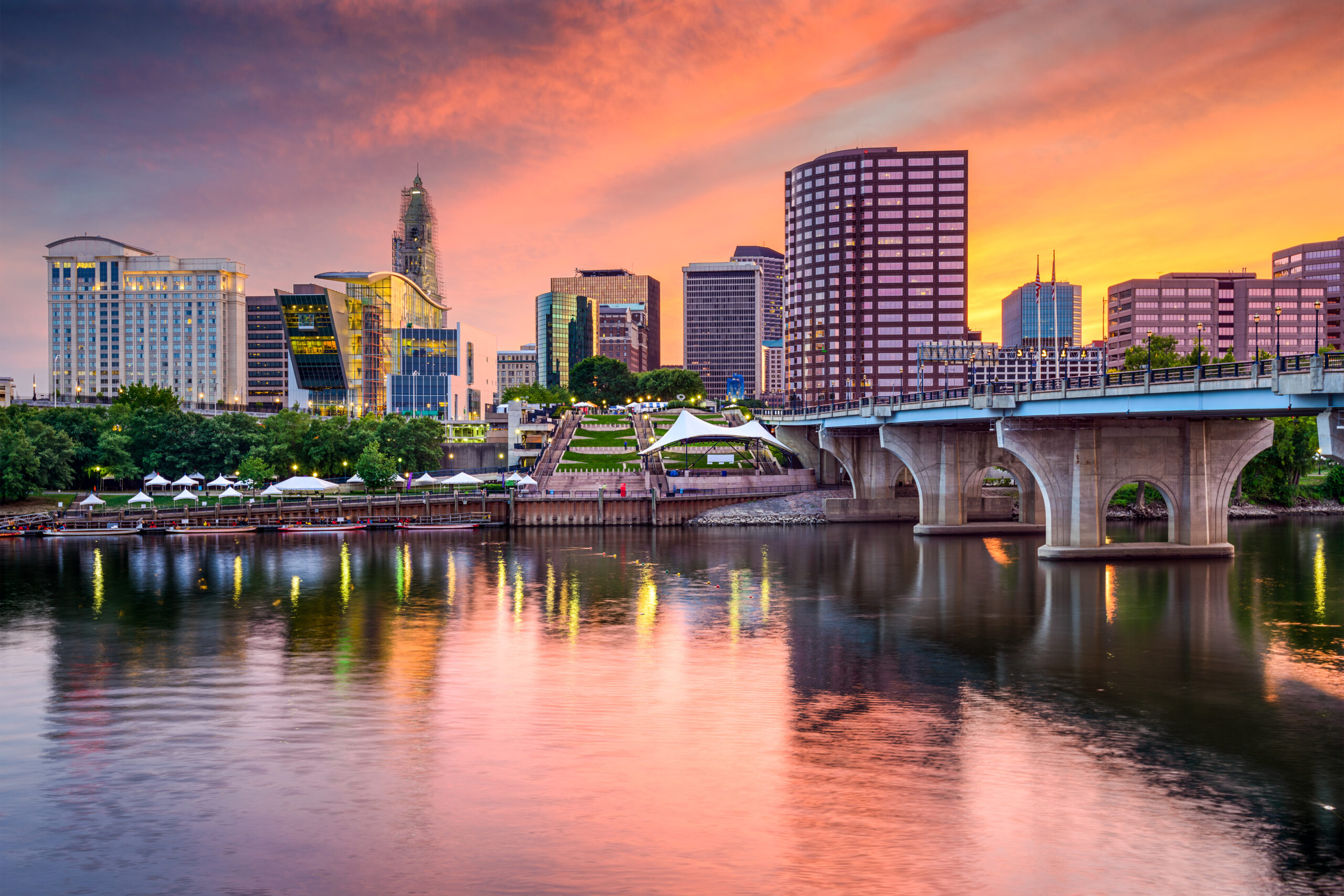8 Things to Know Before Moving to Gainesville, GA

Gainesville, located in northern Georgia, boasts stunning natural scenery and a welcoming community, making it an excellent place to live.
Originally known as “Mule Camp Springs” by European-American settlers in the early 1800s, Gainesville has since grown into a thriving city. It is famously known as the “Poultry Capital of the World” due to its high concentration of poultry processing plants. This industry has been a significant economic driver, creating numerous job opportunities and contributing to the city’s growth and prosperity.
Here are eight things to know before moving to Gainesville, GA.
1. Living costs are 7% lower than the national average
Gainesville stands out as an affordable place to call home, with a cost of living index of 93, making it 7% more budget-friendly than the national average. Contrasted with Atlanta, where the index sits at 105, Gainesville offers a notably more economical lifestyle.
According to the Economic Policy Institute, a family of four would need an annual income of $77,531 to enjoy a comfortable life in Gainesville. Additionally, with a median home price of $346,000, Gainesville presents an affordable housing market, making it an attractive option for those seeking affordability without compromising on quality of life.
2. A high crime rate
According to FBI statistics, Gainesville, Georgia, has a crime rate of 2,928 incidents per 100,000 people, exceeding the national average by 24.8%. The city’s violent crime rate stands at 414 per 100,000 people, while the property crime rate is 2,514 per 100,000 people.
Despite these statistics, it’s worth noting that there are numerous secure residential areas within Gainesville. Crime tends to be more prevalent in neighborhoods with elevated poverty rates or areas where nightlife and alcohol consumption are higher, heightening the risk of criminal activity.
3. Live in neighborhoods like Lake District, Flowery Branch, or Downtown Gainesville
Moving to Gainesville offers a plethora of neighborhood options to suit various needs and budgets. Standout neighborhoods include the Lake District, Flowery Branch, and Downtown Gainesville.
The Lake District, situated along The Little River, boasts some of Georgia’s finest waterfront properties. With an average home sale price of $452,500 and several new-construction properties exceeding $2 million, the Lake District offers a luxurious lakeside living experience. Residents can also enjoy the amenities of the Chattahoochee Country Club, including an 18-hole golf course, a marina, and a Junior Olympic Pool.
Mundy Mill, constructed by Chafin Communities, features beautiful new-construction homes with a median sale price of $385,695. This neighborhood is ideal for families, as it is home to the prestigious public elementary school, Mundy Mill Art Academy.
For those interested in apartment or small-home living, Downtown Gainesville is a vibrant option. Located in the city center, this area offers easy access to shops, restaurants, and office buildings. Notable apartment complexes in the area include Towne Creek Apartments and Solis Gainesville.
4. Summers are hot and humid
Gainesville enjoys a climate featuring cool to mild winters and hot, humid summers.
During the hot season, which typically lasts from May 25 to September 17, you can expect average daily high temperatures around 81°F. In contrast, the cool season, spanning from November 29 to February 26, sees average daily highs below 58°F. Snowfall is rare in Gainesville, with an average of only 1.0 inches during the snowy period.
Living in Gainesville, you’ll experience thunderstorms, especially during the wetter spring months. While Gainesville is not situated in Tornado Alley, tornado watches and warnings are not uncommon.
5. The poultry farming industry is a major employer
Gainesville thrives on its robust poultry farming industry, which stands as a cornerstone of the local economy, with six of the city’s top ten employers operating within this sector. Alongside poultry farming, Gainesville boasts a dynamic mix of industries, including healthcare, banking, and retail, contributing to its economic diversity and resilience.
With an average hourly salary of $17.70, as reported by Payscale, Gainesville offers competitive wages. The city’s top employers, such as the Northeast Georgia Health System (especially the Northeast Georgia Medical Center of Gainesville), Fieldale Farms, and Pilgrim’s, highlight the varied job opportunities available in Gainesville, reflecting its status as a vibrant economic hub.
6. The city is served by two school districts
In Gainesville residents have access to quality education through the Gainesville City and Hall County school districts, which cater to preschool through high school levels.
For those seeking private education, Gainesville offers two notable institutions: Riverside Military Academy and Lakeview Academy.
Higher education options in Gainesville include the University of North Georgia Gainesville (UNG Gainesville), known for its excellence, along with Brenau University, the Interactive College of Technology, and Lanier Technical College, providing a range of educational opportunities to suit various interests and career paths.
7. Learn about Gainesville’s history at the Northeast Georgia History Center
Since its founding in the early 1800s, Gainesville has been an important city in Georgia’s history. It was a strategic transportation center during the Civil War.
Today, people can learn about Gainesville’s storied past by going to historic sites like the Northeast Georgia History Center or walking through the Green Street Historic District to see the city’s historic architecture spanning different time periods. The city’s long history and preserved historic buildings make it a fascinating destination for history buffs.
8. Take in the arts and culture at The Quinlan Visual Arts Center or The Arts Council Smithgall Arts Center
Gainesville has a dynamic arts and culture community with art galleries, theaters, and music venues throughout the city. The Quinlan Visual Arts Center is a highlight for art lovers, with rotating exhibitions displaying works by regional talents. For theater, the Gainesville Theatre Alliance puts on compelling shows year-round, featuring professionals alongside college students.
Live music fans can catch performances at spots like The Arts Council Smithgall Arts Center or one of Gainesville’s cultural festivals that celebrate the city’s diverse roots. With its abundance of galleries, theaters, concerts, and celebrations, Gainesville provides endless options for experiencing the arts.






